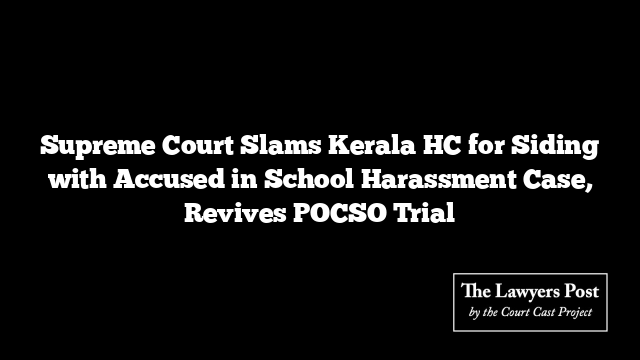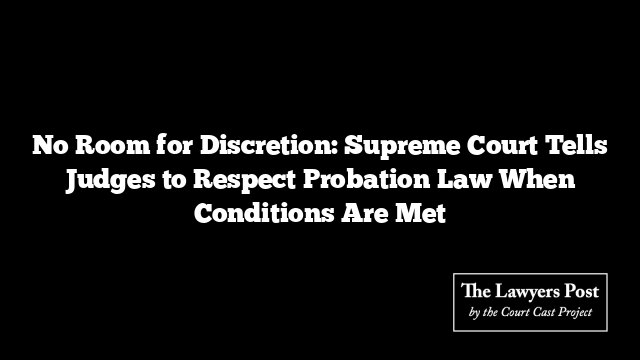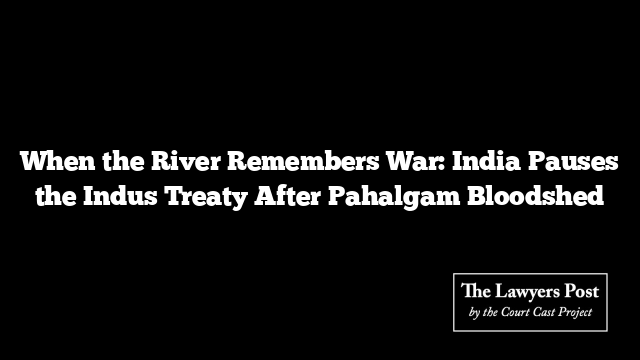The country’s top court didn’t hold back its dismay over what it called an “insensitive” decision by the Kerala High Court — one that shut down a serious sexual harassment case without letting the victims even testify.
At the heart of the case is a computer teacher from a government-aided school, accused of harassing multiple female students. The students, many from minority communities, said the teacher’s behavior in the computer lab was predatory — touching them under the guise of helping them learn, asking inappropriate questions about menstrual hygiene, and even sending vulgar images to what he believed were their personal WhatsApp numbers, but which actually belonged to their parents.
Despite these disturbing claims, the Kerala High Court quashed one of the FIRs, dismissing the accusations as lacking “sexual intent.” That move didn’t sit well with the Supreme Court.
In a sharply worded judgment, Justices Surya Kant and N. Kotiswar Singh called out the lower court for running what they termed a “mini trial,” essentially prejudging the entire matter. “It’s baffling,” the bench said, “how the High Court concluded that there was no sexual intent without even hearing from the victims themselves.” The apex court emphasized that the allegations clearly merited a proper trial, especially when multiple students had come forward and the initial police investigation already revealed troubling behavior.
What added to the Court’s alarm was that the accused allegedly tried to “settle” the matter quietly with just one victim — a tactic that seemed to have influenced the High Court’s decision. Further, the police were criticized for not recording statements from all the victims early on, raising concerns about external influence.
The Supreme Court made it clear: the case must go to trial. The victims are to be treated as protected witnesses, and the accused is barred from contacting them in any way. The teacher, for now, stays suspended, and the school can carry on with an internal inquiry, separate from the criminal case.
And yet, the justices were perhaps most unsettled by the broader implications — the silence that can surround abuse, especially when victims come from conservative or marginalized backgrounds. “It’s disturbing,” the Court noted, “that many of the students targeted were from minority communities — possibly chosen precisely because they were less likely to speak up.”
One thing is certain now: those voices will be heard — not in closed-door whispers, but in open court.





